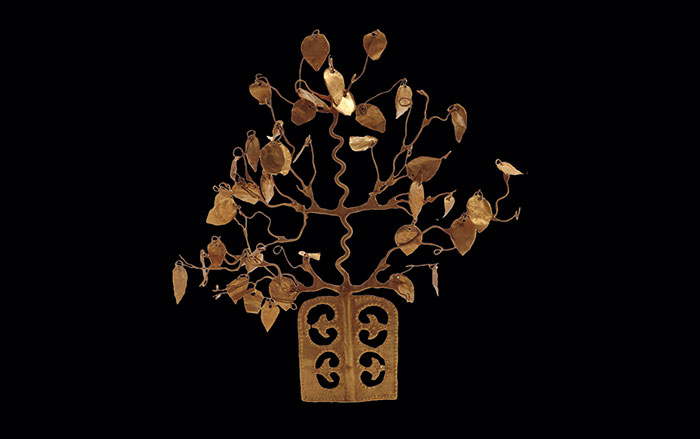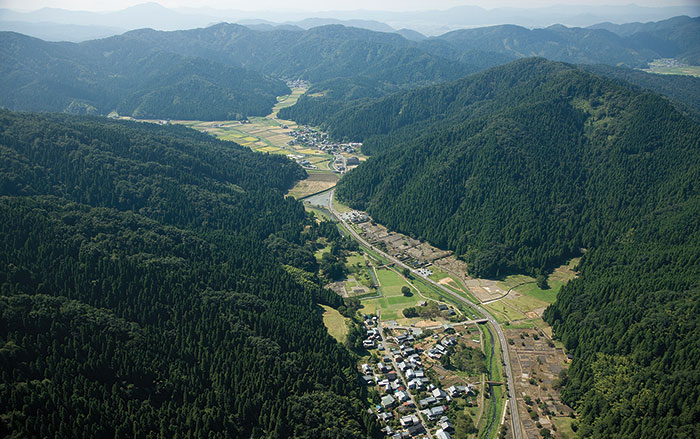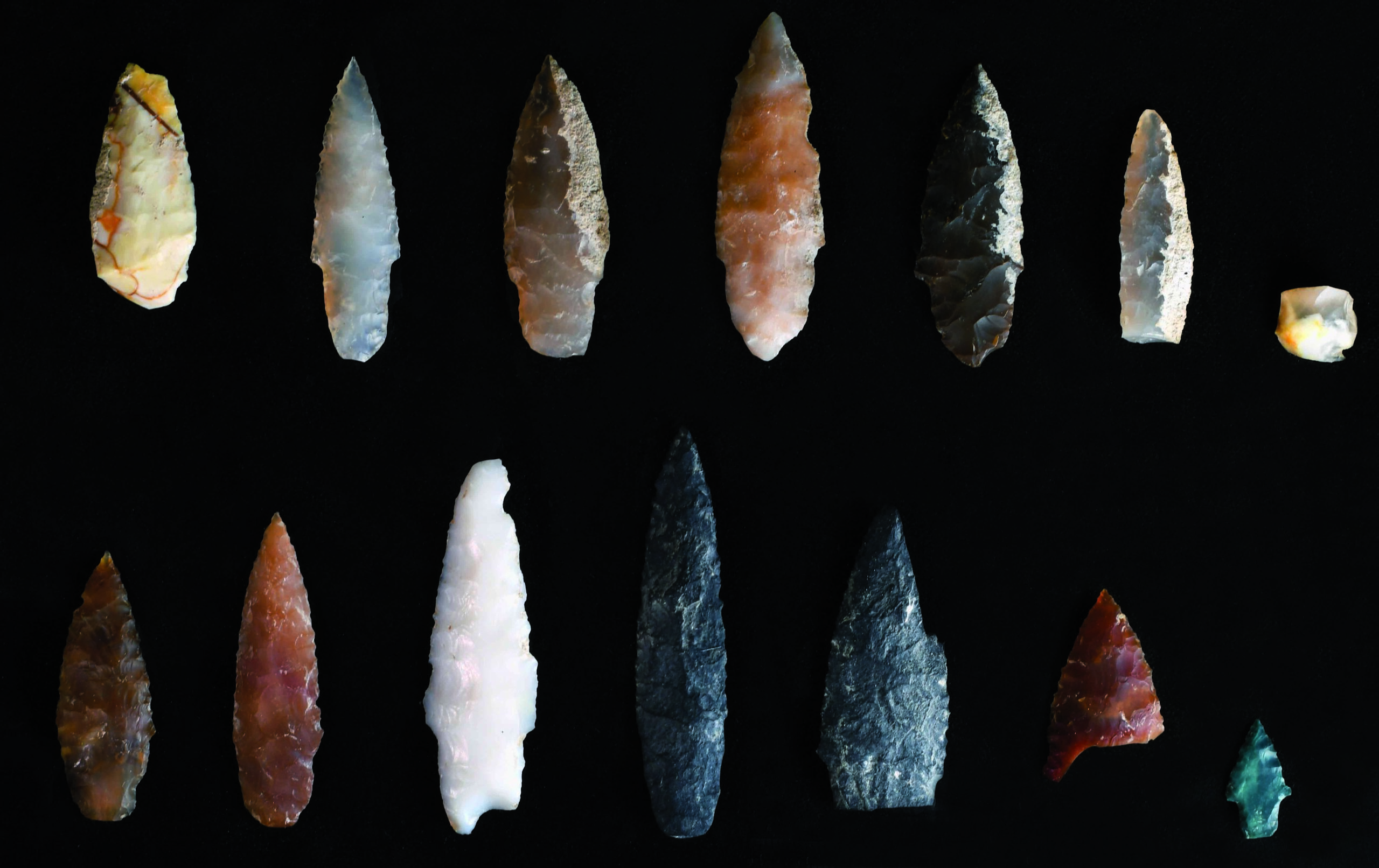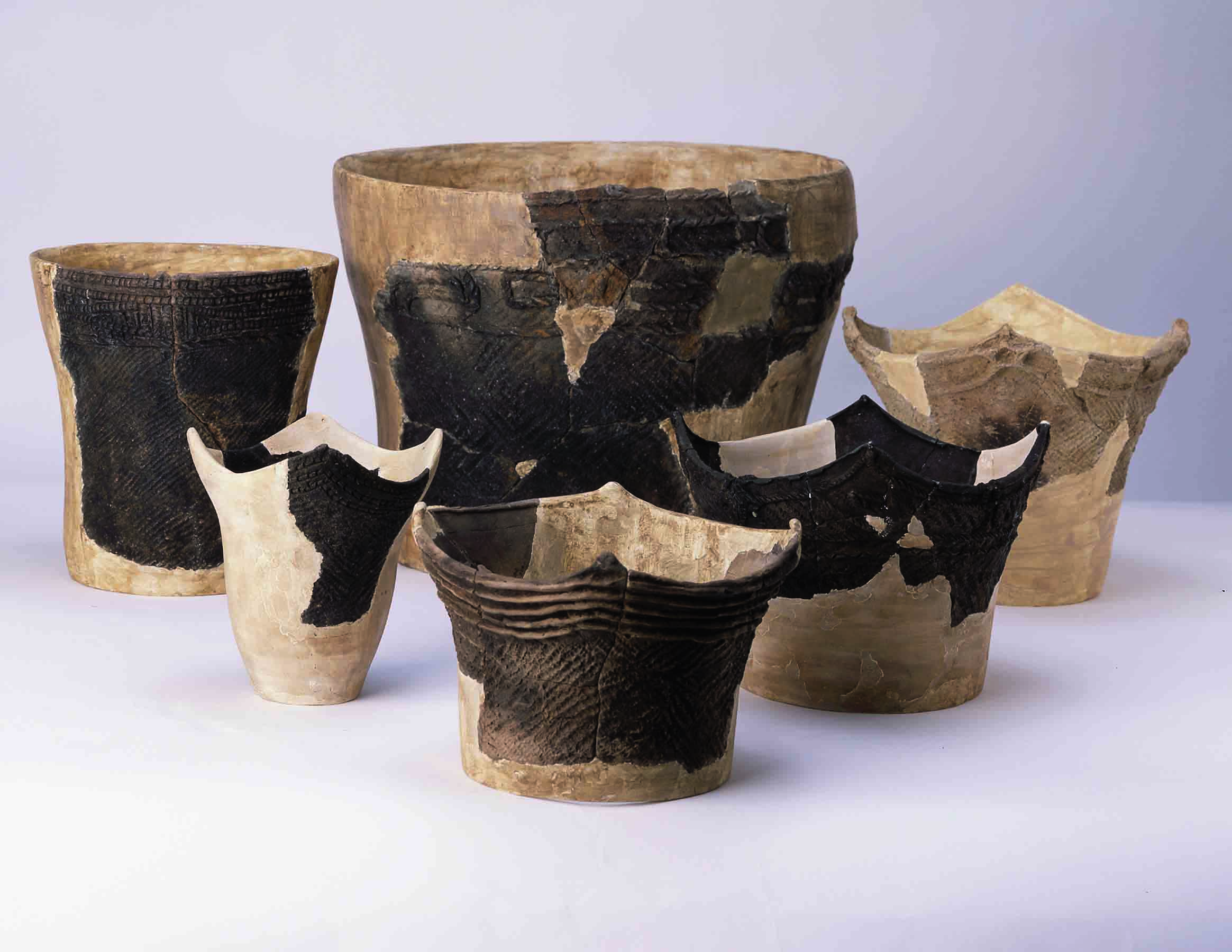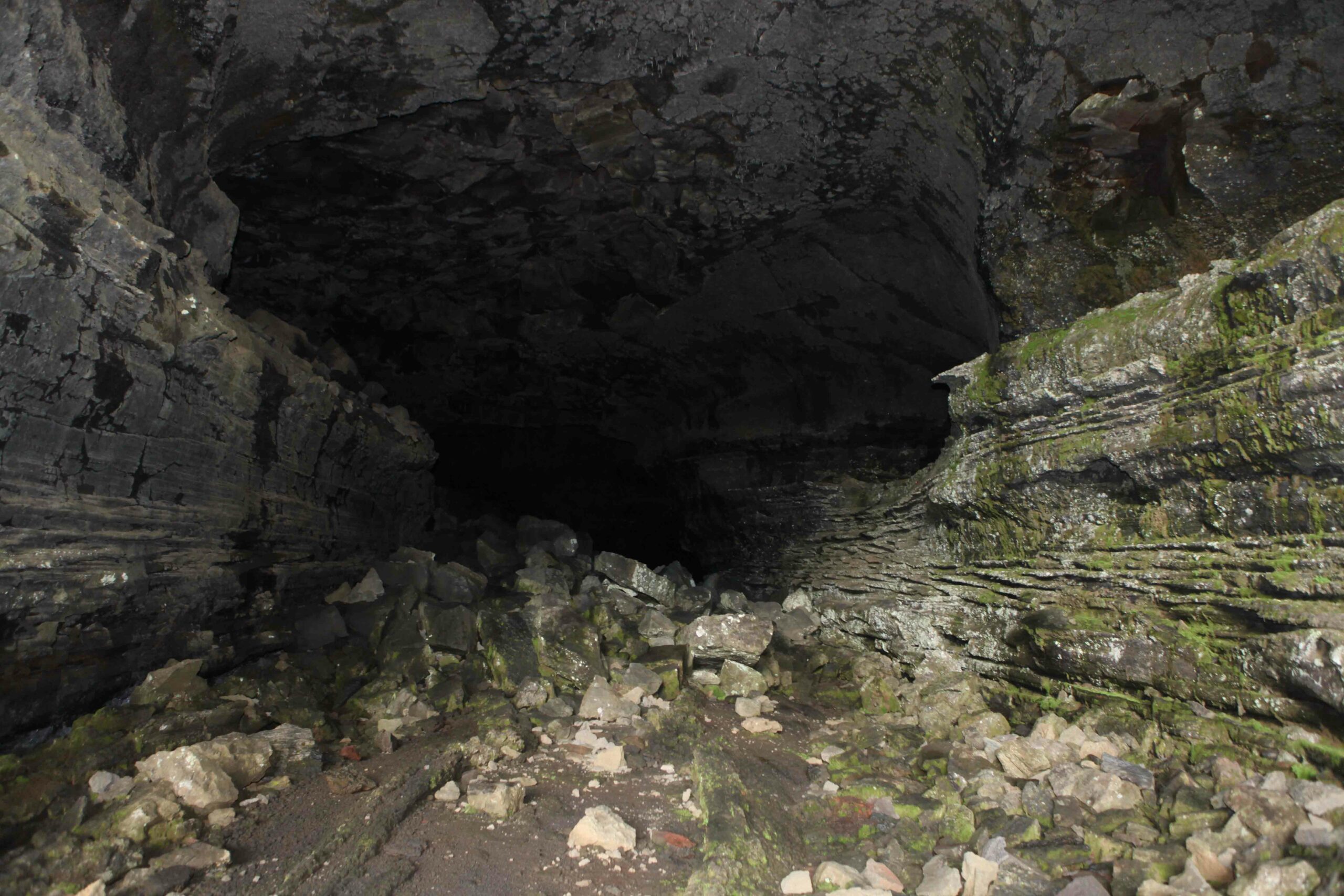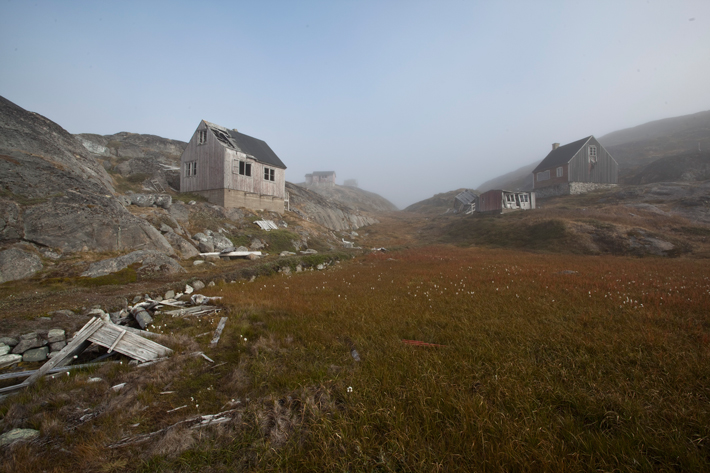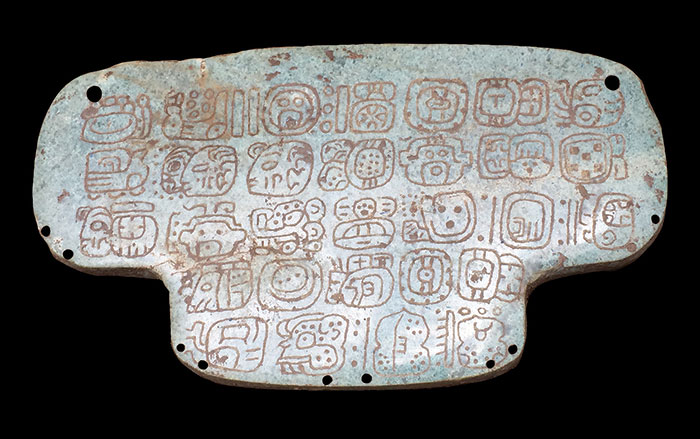
NARA PREFECTURE, JAPAN—According to a report in The Asahi Shimbun, scientists have discovered a possible use for small wooden frames, shaped like truncated square pyramids, which have been unearthed at archaeological sites around Japan. It had been suggested that the wooden frames could have been used for catching fish or even as funnels. Archaeologists working at a circular tomb site in the city of Kashihara, however, found one of the wooden frames supporting a finely woven, square-bottomed basket. “I imagine it was used to transport or store something precious,” said Yuka Sasaki, a visiting researcher of archaeobotany at the Center for Obsidian and Lithic Studies at Meiji University. Made from four pieces of wood from a chinquapin tree, the stand was held together with plant material. The basket, woven from a kind of bamboo grass, was attached to the stand with strings made from plants. This particular basket and stand are thought to have been made by the Yayoi Pottery Culture sometime in the late second century A.D. For more, go to “Japan’s Early Anglers.”


